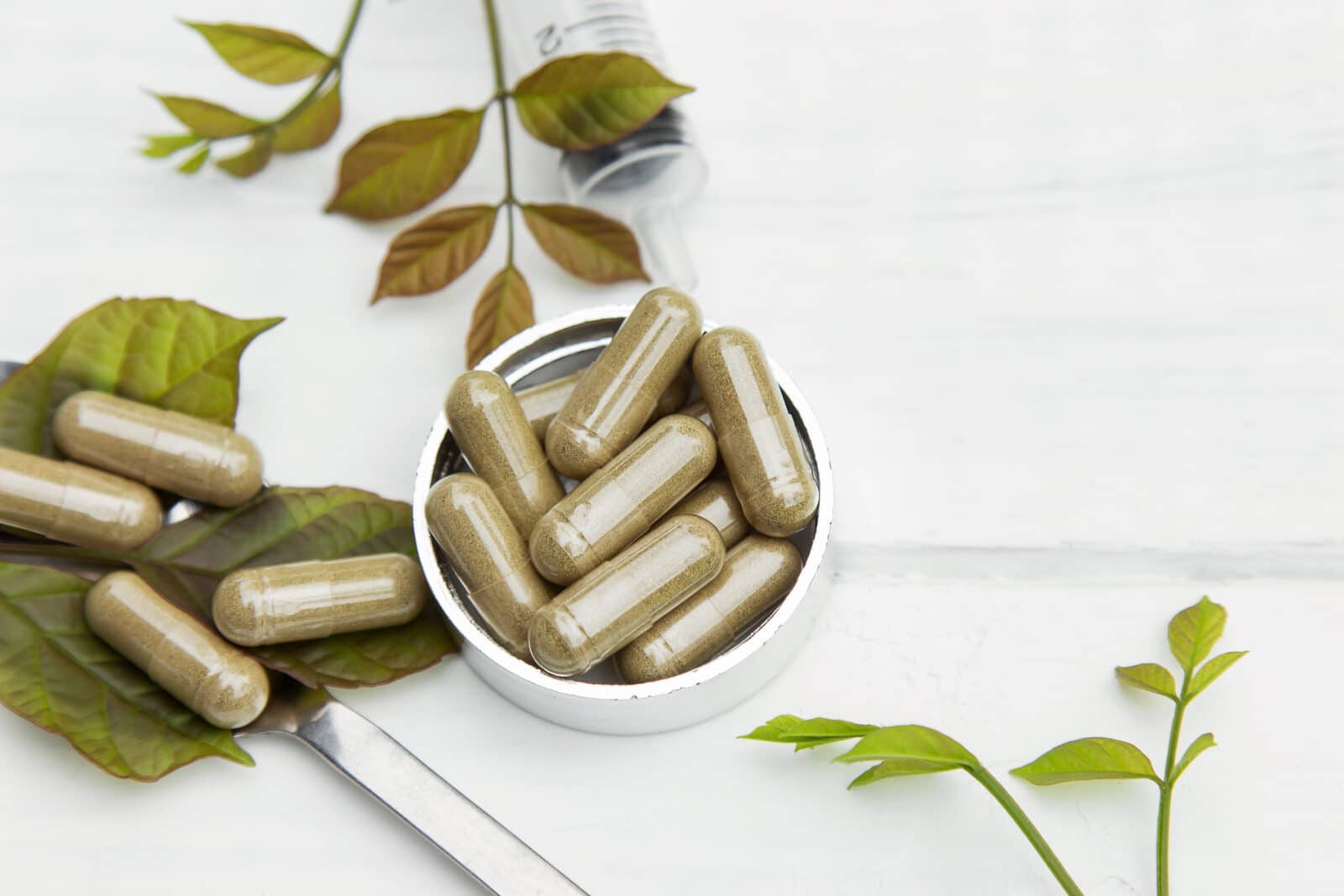Introduction to Wasp Wild Herbs
Wasp Wild Herbs, a lesser-known botanical remedy, have been gaining attention for their potential benefits in managing rheumatism. Rheumatism, an umbrella term for various inflammatory joint conditions, affects millions worldwide and can significantly impact quality of life. Wasp Wild Herbs are often explored for their traditional uses in alleviating symptoms associated with rheumatism. This article delves into the potential benefits, scientific insights, and practical applications of these herbs in treating rheumatism.
Historical and Traditional Use
Historically, Wasp Wild Herbs have been employed in traditional medicine systems across various cultures. Indigenous communities, particularly those in regions with rich herbal traditions, have used these herbs for their purported anti-inflammatory and analgesic properties. The use of Wasp Wild Herbs in folk medicine often involves preparing teas, tinctures, or poultices to alleviate joint pain and inflammation. Understanding these traditional practices provides a foundation for evaluating their modern therapeutic potential.
Scientific Insights and Efficacy
Modern research on Wasp Wild Herbs is limited, but preliminary studies suggest that these herbs may possess compounds with anti-inflammatory and analgesic effects. Key constituents often include flavonoids, terpenoids, and other phytochemicals known for their potential to reduce inflammation and pain. While more rigorous clinical trials are needed to confirm these effects, existing research supports the hypothesis that Wasp Wild Herbs could offer a complementary approach to managing rheumatism symptoms.
Practical Applications and Usage
For those considering Wasp Wild Herbs as a remedy for rheumatism, it’s essential to understand how to incorporate them effectively into one’s health regimen. The herbs can be used in various forms, including teas, capsules, and topical applications. It’s crucial to consult with a healthcare professional before starting any new treatment, especially for individuals with pre-existing conditions or those taking other medications. Incorporating Wasp Wild Herbs into a balanced approach to rheumatism management, which may include conventional treatments and lifestyle changes, can be beneficial.
Conclusion and Future Directions
In conclusion, Wasp Wild Herbs present a promising area of exploration for managing rheumatism, backed by historical use and preliminary scientific insights. As interest in natural remedies continues to grow, further research will be necessary to fully understand their efficacy and safety. For individuals interested in alternative treatments, Wasp Wild Herbs may offer a valuable complement to traditional rheumatism management strategies, provided they are used thoughtfully and in consultation with healthcare professionals.Wasp Wild Herbs Rheumatism
